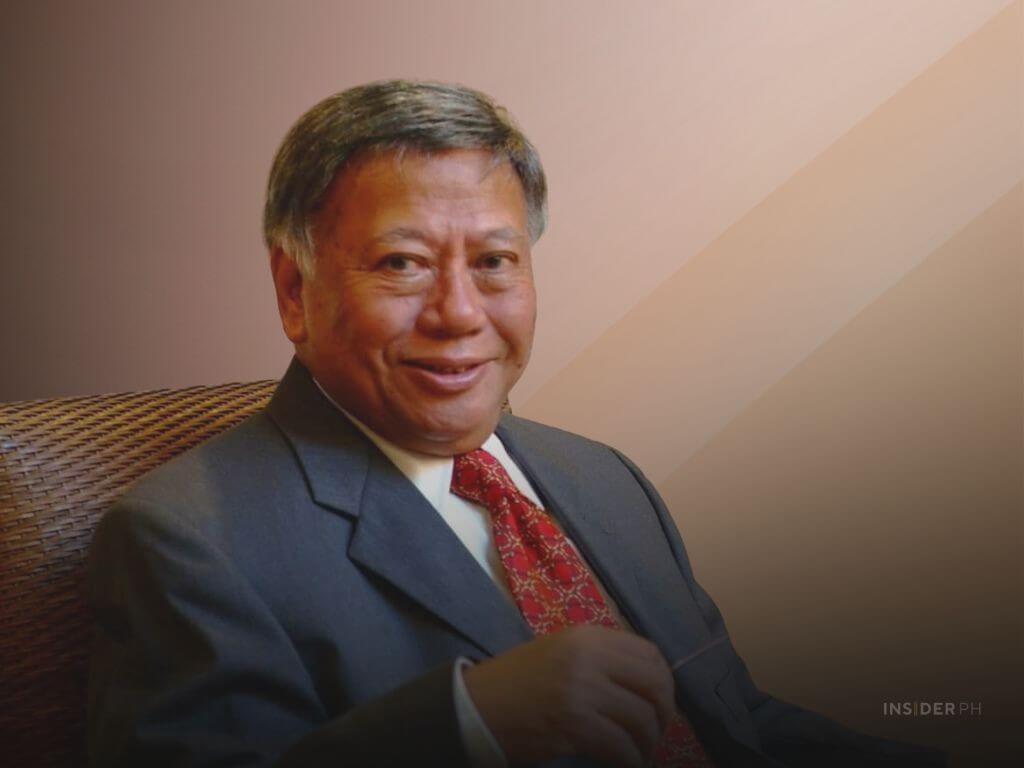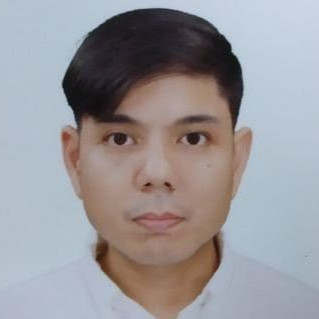

Among the personalities who steadily—and inevitably—found themselves involved in the heated debates was then Congressman Felicito Cruz Payumo, who represented Bataan’s first district. ”Tong,” as he was fondly called, died on Oct. 19, 2025.
While a 1988 report by the United States Joint Publications Research Service noted that Payumo “had managed in the past to evade the question of whether or not he would favor the retention of the bases,” he eventually made his opinions known—and emphatically.
Reacting adversely to a statement made by U.S. Secretary of State George Shultz, Payumo, joined fellow lawmakers “who pushed for a hard deal on the bases.” Speaking at a House forum that same year, he remarked:
“We can even walk away from the negotiating table if the Americans refuse to meet our demands.”
No one then had an inkling—least of all Payumo—that four years later, Subic would become a freeport and that he himself would serve as chair of the Subic Bay Metropolitan Authority (SBMA) in 1998 to 2004.
The boy from Dinalupihan
Felicto C. Payumo was born on March 7, 1939, to Jose R. Payumo Sr.—who in 1945 was appointed the fourteenth Mayor of Dinalupihan, Bataan, a position he held until 1947—and Marcela Payumo née Cruz. His older brother Jose Jr. also served as mayor in the same town but was tragically ambushed by alleged NPA rebels.
A product of Dinalupihan Elementary School and later of the Northern Bataan Institute where he graduated valedictorian, Payumo went on to earn his BS in Economics, cum laude, from the Ateneo de Manila University in 1959.
At the Ateneo, Payumo served as president of the Student Council and was involved in a number of other organizations such as The Guidon, Heights, and the Apostleship of Prayer.
Entering the corporate world
Soon after his graduation, Payumo joined Proctor and Gamble Philippines as a junior executive and buyer, staying there until 1963. In 1967, he earned his MBA from Harvard as an S.C. Johnson scholar.
“I remember it was my husband, Jimmy, who urged Tong to go to Harvard Business School,” recounted Maribel Ongpin to InsiderPH.
At the helm of EEI
Payumo was employed initially as procurement manager by Engineering Equipment Inc. or EEI—then a subsidiary of mining firm Benguet Corp.—which was headed by Jaime “Jimmy” Ongpin, the future finance secretary.
More than colleagues, Jimmy and Tong became friends, with Payumo often joining the Ongpins for dinner at home. “Tong was simple, humble, and direct,” Mrs. Ongpin said.
At EEI, one of the largest engineering and construction firms in the Philippines, Payumo enjoyed his longest corporate stint—eventually succeeding Jimmy as president when the latter was seconded to head Benguet.
The 1970s marked a period of unprecedented growth for EEI, which then owned and operated the largest commercial steel foundry and the most modern steel fabricating plant in the Philippines.
Growth was likewise driven by EEI’s presence in the Middle East where it first broke ground in 1974, through a major contract with Aramco, the Saudi state-owned petroleum company.
Emphasizing human resources development, EEI’s spending on fringe benefits and privileges at the time exceeded P5,000 per person per year.
“As a result,” said Payumo, who was then executive vice-president, “more than 90 percent of our overseas personnel renew their contracts yearly, and this has been a big boost to our delivery capacity.”
(Increasing overseas contracts saw the forming of a new 100-percent owned subsidiary: Gulf Asia International Corp., handling manpower requirements for the rising construction operations abroad)
With Payumo at the helm of EEI, the company faced some headwinds in the 1980s.
“Foundry and general construction divisions incurred substantial losses as a result of depressed traditional markets, as well as cost overruns in some domestic projects”, he said.
Payumo’s political involvement
“Of the Benguet and EEI executives, one of the ‘most activist’ was Felicito ‘Tong’ Payumo,” wrote Nick Joaquin in the biography of Jaime Ongpin. “It was he who was at Jimmy’s side that first night on EDSA. Payumo had brought along a group of friends and the Benguet security guards.”
In 1987, after a stellar corporate career that allowed him to live in Forbes Park, Payumo would find himself in the world of politics as Representative of Bataan’s first district, a post he held until 1998.
“He felt it was his duty so he left the world of business behind,” said Mrs. Ongpin.
“Among the hundreds of Laws I authored, I can say that the Act Providing for the creation, operation, [and] administration of Special Economic Zones in the Philippines…ranks as one of the most beneficial law[s] of the country,” wrote Payumo in 2021.
Payumo was also the principal author of the Build-Operate-Transfer (BOT) Law which former House Speaker Jose de Venecia said “opened the door for private sector participation in public infrastructure — highways, airports, power plants, among others — and laid the foundation for today’s successful public-private partnership (PPP) programs that have propelled national development.”
Payumo tried to regain his former congressional seat in 2013, but lost to Herminia Roman. He later filed an electoral protest, which was ultimately dismissed.
SBMA to BCDA
In 1998, President Joseph Estrada named Payumo chair of the SBMA, a move that caused a standoff and rioting by supporters of Richard Gordon, who refused to step down as SBMA chair on the account of President Fidel V. Ramos having extended his term.
In 2001, President Gloria Macapagal Arroyo lauded Payumo “for his impressive performance in handling the robust economic activities at the Freeport, particularly in attracting more investors and increasing the investments of existing locators.”
When his term ended in 2004, Payumo was succeeded by former Ayala Land CEO Francisco H. Licuanan. In 2011, President Benigno “Noynoy” Aquino III appointed him chair of the Bases Conversion and Development Authority (BCDA)—an institution he had helped establish years earlier as one of the authors of Republic Act No. 7227, the law that created it.
“Tong’s sharp mind and quiet dignity made him a true gentleman of public service,” de Venecia said.
Retirement and family life
Away from politics and government service, Payumo kept himself busy with the Sinagtala Farm Resort and Adventure Park, nestled within the Bataan National Park, the land on which he acquired alongside banker Federico Pascual.
He also founded the University of Nueva Caceres–Bataan in 2014, extending his commitment to education and development in his home province.
Illustrating one’s role as a family patriarch, he told the Manila Times:
“No one should have a division in your personal life. You must have unity of life. Your life in the office, with your officemates, and your life at home, with your wife and children, is your only life. And it is also your life everywhere you go.”
Felicito C. Payumo was married to Daisy Sison of Naga City. They had five children—one son and four daughters.

Features Reporter